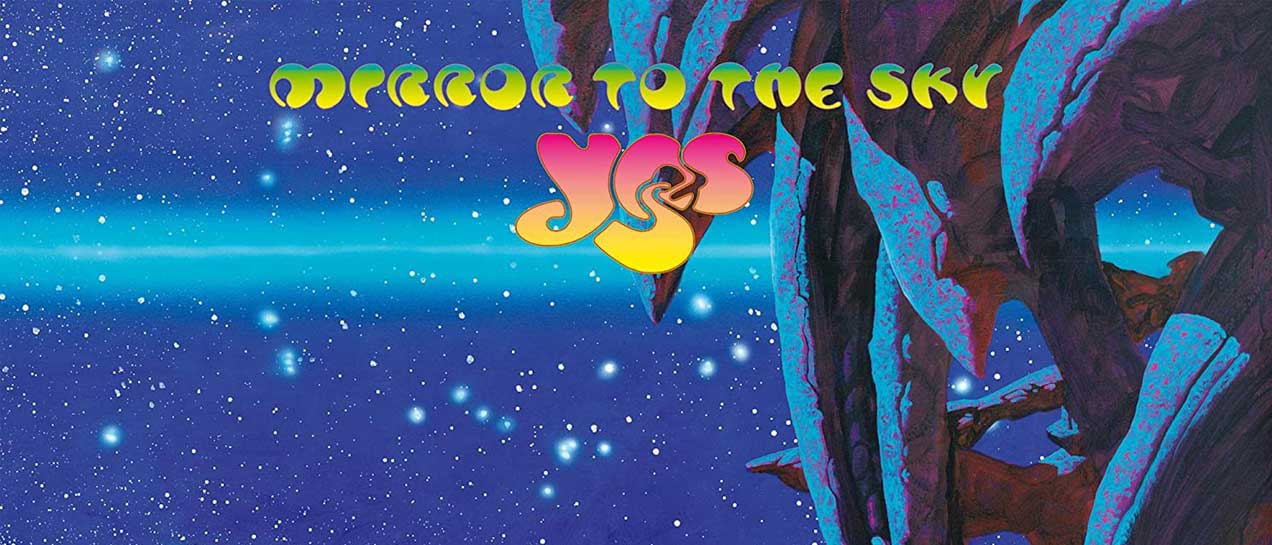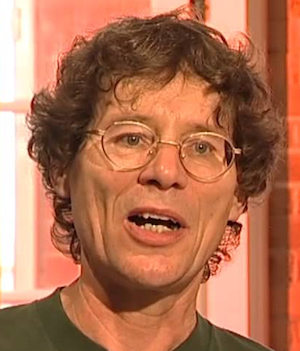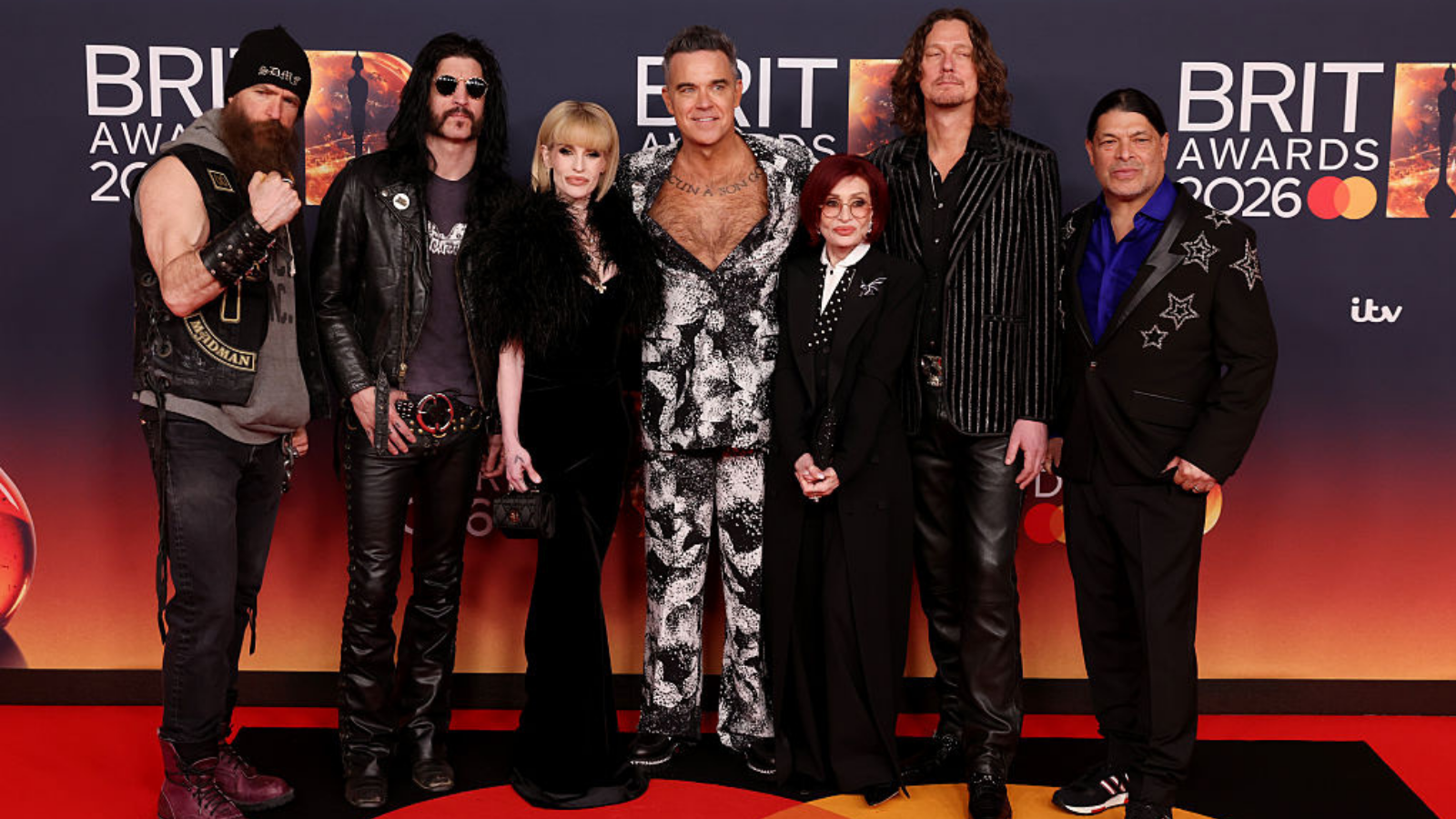You can trust Louder
It is quite possible that Yes will never die. Despite more twists and turns than the plot lines of Coronation Street and EastEnders combined, sometimes involving two bona fide Yes bands competing simultaneously, and 13 band members just in this century, the group seem to be acquiring an aura of invincibility. This had previously seemed highly unlikely – the image of two Yes bands sitting at adjacent tables at the group’s long-overdue Rock And Roll Hall Of Fame induction and ignoring each other in 2017 summed it all up.
When lockdown hit, Yes consisted of guitarist Steve Howe, an ailing Alan White on drums, Howe’s Asia buddy Geoff Downes on keyboards, vocalist Jon Davison (preferred to Jon Anderson since 2012) and Billy Sherwood (involved intermittently since the mid-90s) taking on the late Chris Squire’s bass role. Unable to tour, they decided to record, and Howe, who’d spent enough time whinging from the sidelines, took over production.
Howe’s vision focused on giving Yes’s music a 21st-century makeover, and the others were happy to oblige. It meant they had to decide what Yes music was and how they could individually contribute to it. It also meant there would be a change of style. But that’s nothing new for Yes – 90125, anyone?
The Quest, released in autumn 2021, did indeed offer something new. On the better tracks you can hear the essence of Yes bubbling through. What the album lacked, however, was consistency. Mirror To The Sky was begun before The Quest was released, with the band on a roll and no immediate touring in prospect.
Howe has clearly been energised and has grown in confidence, allowing the stately title track to spread over 14 minutes after some fine introductory guitar and skedaddling bass runs by Sherwood. Two other tracks nudge the nine-minute mark without any sign of padding.
Meanwhile, Davison has found more effective ways of wrapping his vocal melodies around the arrangements, particularly on the opening Cut From The Stars where his lyrics compliment the musical picture of a dark sky. The introductory orchestral string section also sounds better than any synthesiser. And you can still hear Yes music.
But once again the album tails off, and the last couple of tracks are lacklustre compared to most of what has gone before. However, the clearer direction has also given them a boost, and they now have a new set of songs with which to frame their illustrious heritage.
Sign up below to get the latest from Classic Rock, plus exclusive special offers, direct to your inbox!
Hugh Fielder has been writing about music for 50 years. Actually 61 if you include the essay he wrote about the Rolling Stones in exchange for taking time off school to see them at the Ipswich Gaumont in 1964. He was news editor of Sounds magazine from 1975 to 1992 and editor of Tower Records Top magazine from 1992 to 2001. Since then he has been freelance. He has interviewed the great, the good and the not so good and written books about some of them. His favourite possession is a piece of columnar basalt he brought back from Iceland.


